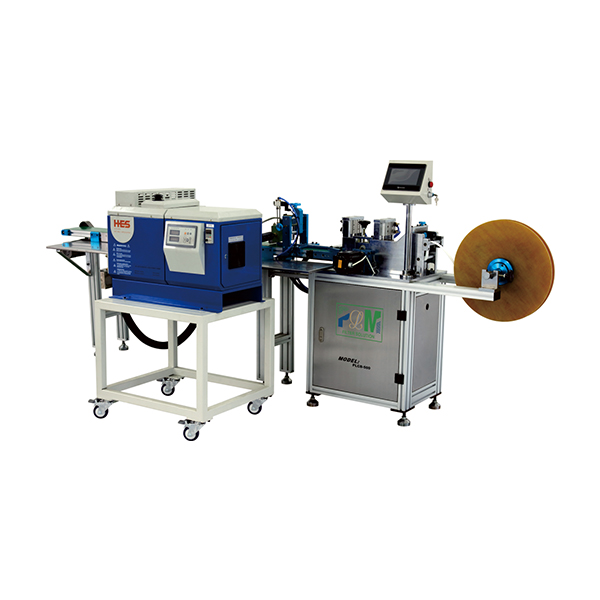Oct . 12, 2024 16:30 Back to list
High Efficiency Oil and Air Filter Elements for Enhanced Engine Performance
The Importance of Oil and Air Filter Elements in Automotive Maintenance
In the world of automotive maintenance, the significance of oil and air filter elements cannot be overstated. These components play a critical role in the overall performance and longevity of vehicles. Understanding their function, maintenance, and replacement options is essential for car owners and enthusiasts alike.
What Are Oil and Air Filter Elements?
Oil filter elements are designed to remove contaminants from engine oil, preventing dirt, metal shavings, and other impurities from circulating through the engine. This is crucial because clean oil ensures that all engine components receive proper lubrication, thereby reducing wear and promoting efficiency.
Air filter elements, on the other hand, are responsible for filtering out dirt, dust, and debris from the air that enters the engine. Clean air is essential for optimal combustion, which, in turn, affects engine performance, fuel economy, and emissions.
How Do They Work?
Oil filters typically use a combination of media types, such as paper, synthetic, or fiberglass, to capture contaminants. When the engine is running, oil pumps circulate the lubricating oil, and the filter traps impurities before the oil returns to the engine. Oil filters also come equipped with a bypass valve that allows oil to flow around the filter in case it becomes clogged, ensuring uninterrupted oil supply to the engine.
Air filters operate similarly by using a dense media to trap particles while allowing airflow. An effective air filter maintains the correct air-to-fuel ratio, which is vital for proper combustion. When air filters become clogged, they can restrict airflow, leading to reduced engine performance, increased fuel consumption, and higher emissions.
oil air filter element products

The Importance of Regular Maintenance
Regular maintenance of oil and air filter elements is paramount for the health of any vehicle. Manufacturers typically recommend changing the oil filter at every oil change, which is usually every 5,000 to 7,500 miles, depending on the vehicle and the type of oil used. Air filters may require replacement less frequently, often every 15,000 to 30,000 miles or as specified in the owner’s manual.
Neglecting to replace these filters can lead to significant problems. A clogged oil filter can cause oil starvation, leading to engine damage. Likewise, a blocked air filter can choke the engine, leading to poor performance, stalling, and increased fuel consumption.
Choosing the Right Filter Element
When it comes to selecting oil and air filter elements, quality matters. Aftermarket filters may be tempting due to lower costs, but they can vary significantly in performance and durability. It's essential to choose filters that meet or exceed OEM standards. Reputable brands often offer filter elements with enhanced filtration capabilities, longer service intervals, and robust construction to withstand the rigors of engine operation.
Moreover, during the replacement process, using appropriate tools and following the manufacturer’s instructions is vital to ensure that the new filters are installed correctly. Misalignment or improper installation can lead to leaks or ineffective filtration, which can prove detrimental to the engine.
Conclusion
In summary, maintaining oil and air filter elements is a fundamental aspect of automotive care that can significantly impact engine performance and longevity. By understanding their functions, adhering to maintenance schedules, and opting for quality products, vehicle owners can protect their investments and promote efficient operation. Remember, a well-maintained engine is not only more reliable but also more fuel-efficient, leading to a better driving experience overall. Regular checks and timely replacements of these critical components are a small yet mighty step towards preserving the health of a vehicle.
-
Durable Sintered Porous Metal Filter Tube Cup & Machines
NewsJul.22,2025
-
Effective Active Carbon Air Filter for Purifiers | Eliminate Odors
NewsJul.21,2025
-
PLJT-250-25 Full-auto Turntable Clipping Machine | Efficient Automation
NewsJul.20,2025
-
Cheap PLJY109-500 Full-Auto HDAF Expanded Mesh Spiral Coiling Machine - High Efficiency & Quality Manufacturer
NewsJul.08,2025
-
Best PLHJ-6 Full-Auto Eco Filter Rotary Heat Plating Machine - High Efficiency & Eco-Friendly Solution
NewsJul.08,2025
-
High-Efficiency Paper Pleating Machine for Filters Trusted Filter Paper Pleating Machine Company
NewsJul.07,2025
